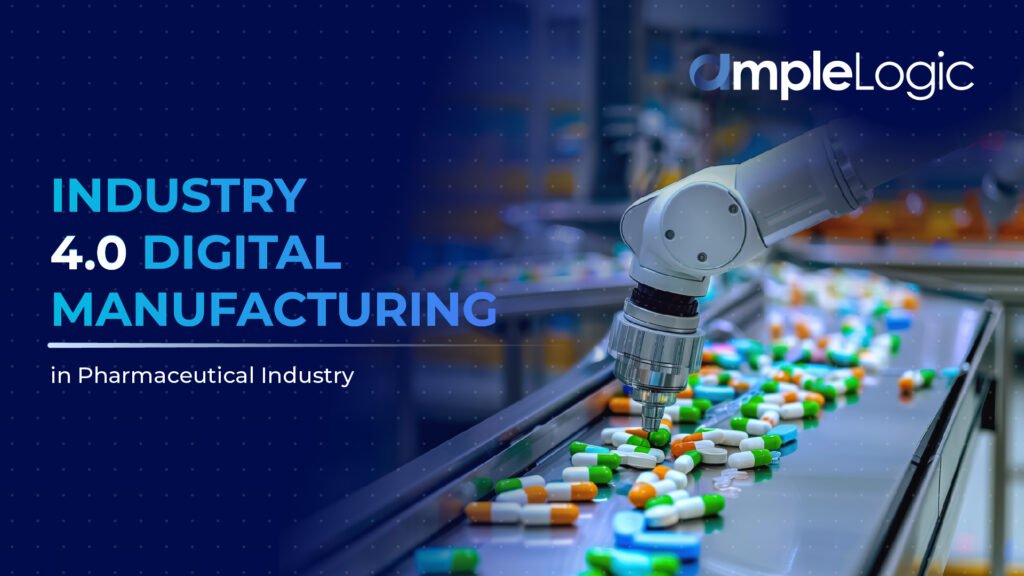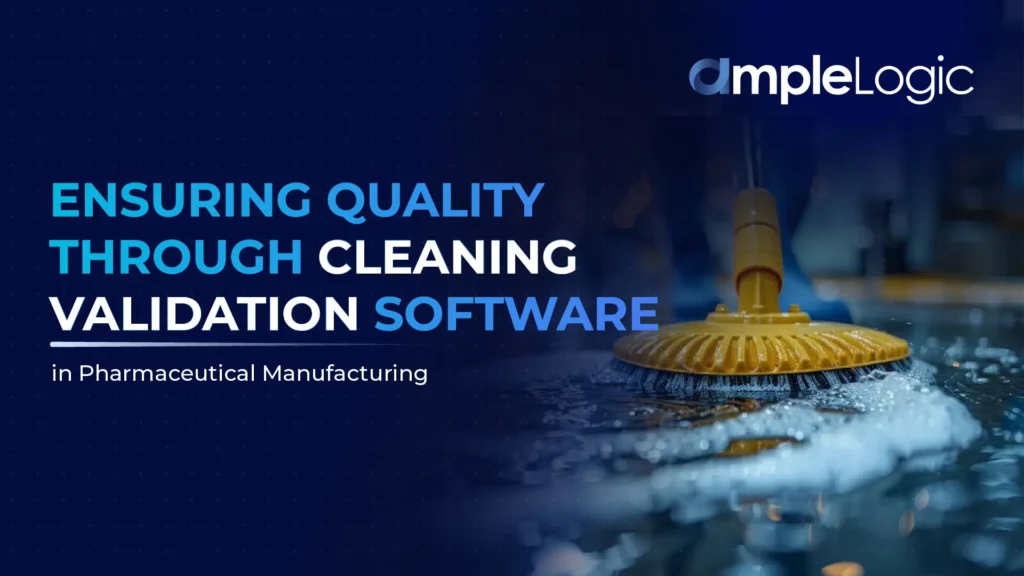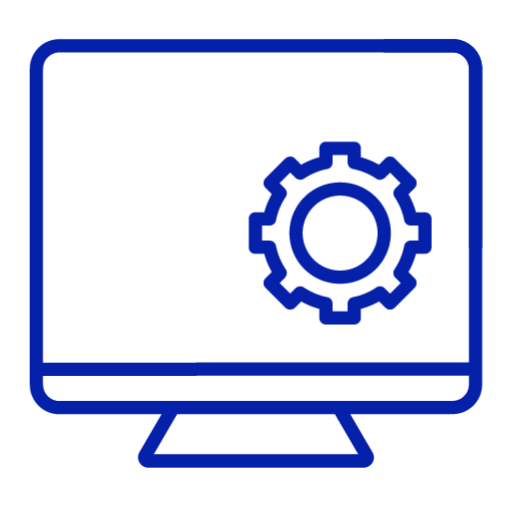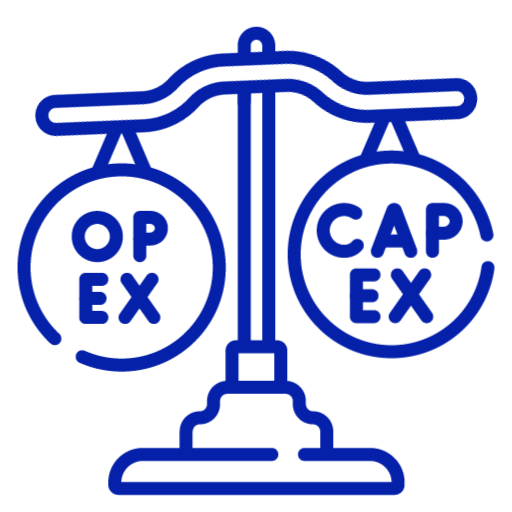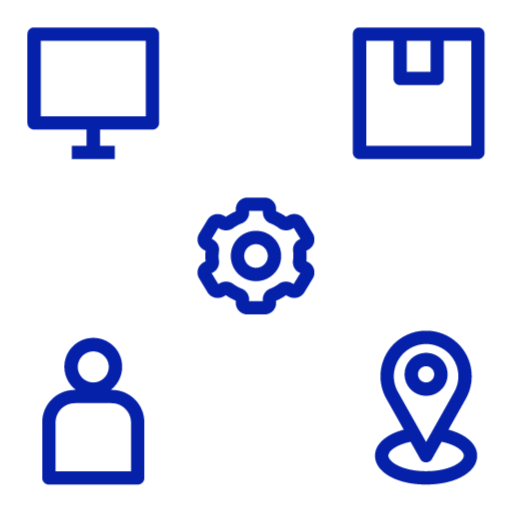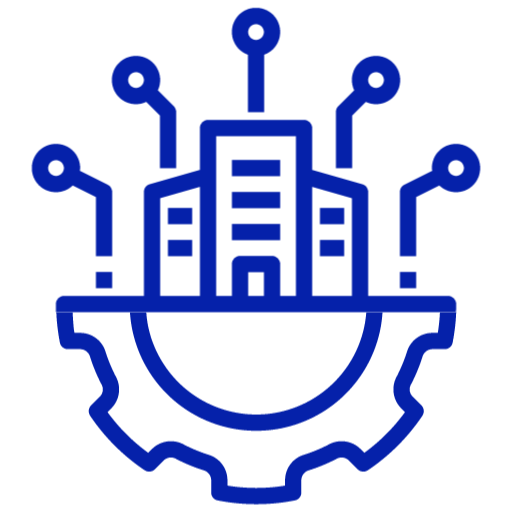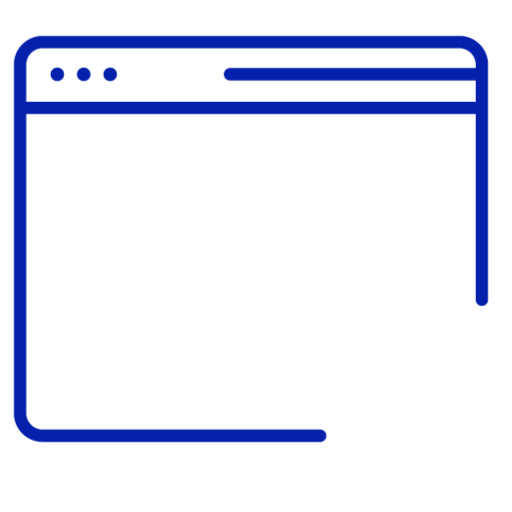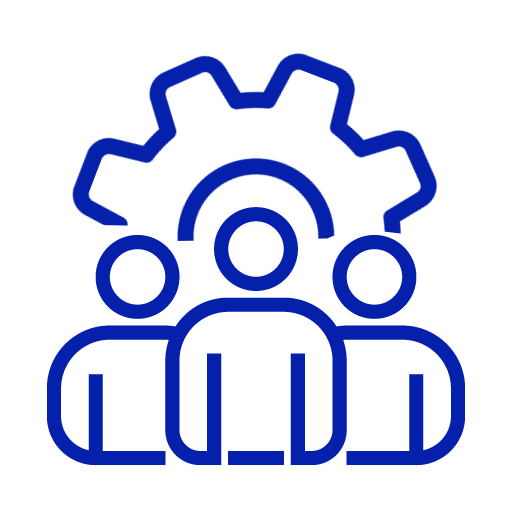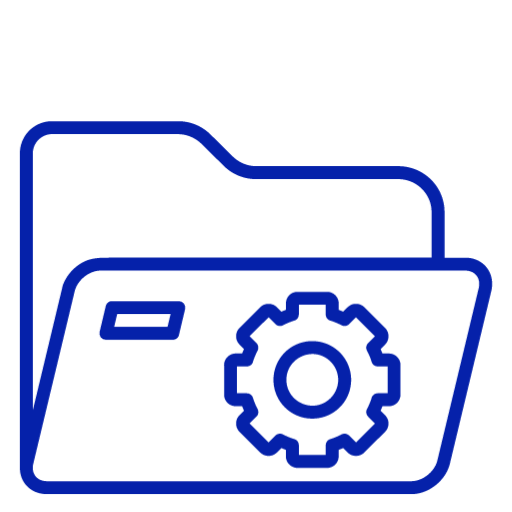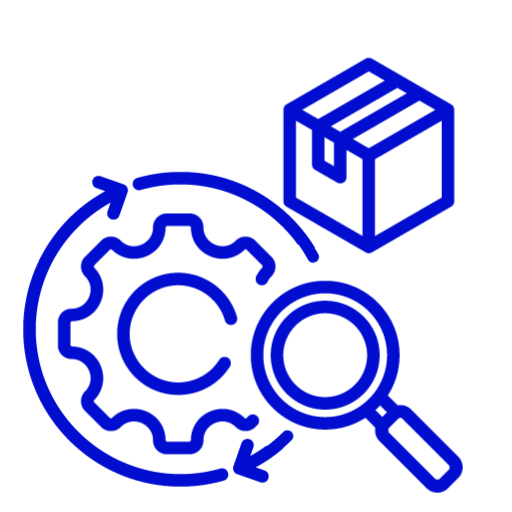
As manufacturers in the pharmaceutical industry face new market demands, intricate supply chains, and evolving regulations, there is a growing need to reassess outdated and disconnected systems and processes. These disconnected systems create gaps between manufacturing and quality management, making it difficult to keep up with rapidly changing regulations and meet time-to-market goals.
So, how can pharma manufacturing become more agile, data-driven, and future-ready?
To address these challenges and ensure future readiness, pharma manufacturing must undergo digital transformation. By embracing electronic quality management software(eQMS), manufacturers can enhance agility and collaboration throughout the supply chain to meet the ever-changing market demands. Leveraging technologies such as cloud computing, artificial intelligence, and the Internet of Things (IoT), manufacturers can seamlessly scale operations to accommodate new therapies like precision medicine. Furthermore, mobile devices with cloud applications enable operators to access real-time, up-to-date content.
However electronic quality management software streamlines discrete quality processes, supplying the necessary flexibility across the product lifecycle, from clinical to commercial stages. For instance, integrating standard operating procedure (SOP) management with training assignments and delivery facilitates automated training based on specific versions, leading to faster qualification times.
Therefore, by embracing eQMS software, pharmaceutical manufacturers can overcome the challenges posed by dynamic market conditions, complex supply chains, and regulatory changes. This transformation enables them to adapt quickly, leverage data-driven insights, and achieve increased collaboration and operational efficiency. Ultimately, digitalization paves the way for a future-ready and agile pharmaceutical manufacturing industry. This article explores eight critical benefits of pharma quality management software in the pharmaceutical industry.
Here are 8 Benefits of eQMS Software in Pharma
- Regulatory Compliance:The pharmaceutical industry is heavily regulated, with strict guidelines and standards set by authorities such as the Food and Drug Administration (FDA) and the European Medicines Agency (EMA). A well-implemented QMS helps pharmaceutical companies ensure compliance with these regulations, reducing the risk of penalties, regulatory sanctions, and product recalls. By adhering to Good Manufacturing Practices (GMP), Good Laboratory Practices (GLP), and Good Clinical Practices (GCP), companies can maintain their licenses and uphold the safety and efficacy of their products. Read more
- Enhanced Product Quality:Quality is paramount in the pharmaceutical industry, where patient safety and health outcomes are at stake. A QMS Software establishes robust quality control processes that consistently deliver high-quality products. By implementing standardized procedures, rigorous testing protocols, and comprehensive quality checks, pharmaceutical companies can reduce the likelihood of product defects, contamination, and events. As a result, it instills confidence in healthcare professionals and patients regarding the reliability and effectiveness of the medications they prescribe or consume.
- Patient Safety:Ensuring patient safety is a top priority for the pharmaceutical industry. A well-implemented eQMS software contributes significantly to this objective. By implementing stringent quality control measures, risk assessments (Internal link can be created here), and comprehensive safety protocols, pharmaceutical companies can identify and mitigate potential risks to patient safety. This includes monitoring the manufacturing processes, analysing adverse event data, and implementing appropriate corrective actions to prevent patient harm. It helps build trust and confidence among patients, knowing that the medications they rely on are produced and monitored with the utmost care.
- Streamlined Operations:Efficient and streamlined operations are vital for pharmaceutical companies to meet market demands, maintain competitiveness, and optimize resource utilization. An eQMS software provides a framework for process optimization, eliminating inefficiencies, and reducing waste. By implementing standardized procedures and workflows, companies can streamline manufacturing, testing, and distribution processes, thereby minimizing errors, delays, and costs. This ultimately leads to increased productivity, improved operational efficiency, and better resource allocation.
- Risk Mitigation and Management:The pharmaceutical industry is exposed to various risks, including supply chain disruptions, regulatory non-compliance, product recalls, and adverse events. It helps companies proactively identify, assess, and mitigate these risks. By implementing risk management processes and conducting thorough risk assessments, pharmaceutical companies can minimize the likelihood and impact of potential risks. This includes monitoring and auditing suppliers, conducting regular inspections, and implementing appropriate corrective and preventive actions. By managing risks effectively, companies can safeguard their operations, reputation, and patient well-being.
- Continuous Improvement:Continuous improvement is a core principle of quality management systems. It provides a structured framework for monitoring, measuring, and analyzing key performance indicators (KPIs). By conducting regular audits, reviews, and feedback loops, pharmaceutical companies can identify areas for improvement and implement corrective actions. Continuous improvement can encompass various aspects, including process optimization, employee training, supplier qualification, and customer feedback integration. By fostering a culture of continuous improvement, pharmaceutical companies can enhance their overall performance, meet evolving market demands, and drive innovation.
- Supplier Relationships:Strong relationships with suppliers are crucial for maintaining the integrity and quality of pharmaceutical products. It helps companies establish robust supplier qualification (internal link to vendor qualification module) and monitoring processes. Thereby implementing stringent criteria, evaluating supplier performance, and conducting audits, pharmaceutical companies can select reliable partners who meet the required quality standards and regulatory obligations. Strong supplier relationships enable a secure supply chain, reduce the risk of counterfeit or substandard materials, and facilitate efficient collaboration and communication.
- Enhanced Reputation and Customer Trust:Building and maintaining a strong reputation is vital for success in the pharmaceutical industry. A well-implemented eQMS software contributes to a positive brand image by consistently delivering high-quality products, ensuring regulatory compliance, and prioritizing patient safety. By demonstrating a commitment to quality through the implementation of robust processes, thorough testing, and adherence to industry standards, pharmaceutical companies can build trust and credibility among healthcare professionals, patients, and regulatory authorities. Simultaneously can lead to increased market share, customer loyalty, and sustained business growth.
The Future of Quality Management
Transforming quality management is vital to successfully gaining the agility needed to produce new therapies. Amplelogic’s integrated solutions emphasize flexibility and efficiency, positioning manufacturers to reap immense benefits in simplifying and improving quality management. Eliminating siloed systems in favor of streamlined solutions permits greater agility and stronger collaboration while enhancing compliance and end-to-end control. It enables life-science manufacturing industries to meet the new demands of quality management and support innovation in precision medicine.




